News and Insights
Spotlight on Sustainability: Client Initiatives Driving Global Change
April 22, 2025
These aren’t just sustainability initiatives; they’re a mosaic of human ingenuity, proving that innovation, collaboration and action are paving the way to a greener tomorrow.
From investing in sustainable tourism and harnessing renewable energy to protecting vital ecosystems and fostering a circular economy, these FINN Partners clients are taking powerful steps to address pressing environmental challenges. Each narrative illustrates a unique approach to creating a shared vision for a healthier planet for the benefit of all.
Dive into the client spotlights below:
Arizona State University’s Global Futures Laboratory
Arizona State University’s Global Futures Laboratory (GFL) is a leading force in the climate revolution. The GFL goes beyond sustainability, fundamentally changing how we think about our relationship with the planet. The groundbreaking model fosters collaboration among scientists, policymakers, and communities; equips the next generation of leaders; and lays the foundation for industries that will define trillion-dollar economies. From advancing carbon capture technologies to improving renewable energy sources to strengthening extreme heat resilience to protecting life underwater, the GFL’s scope is unprecedented.
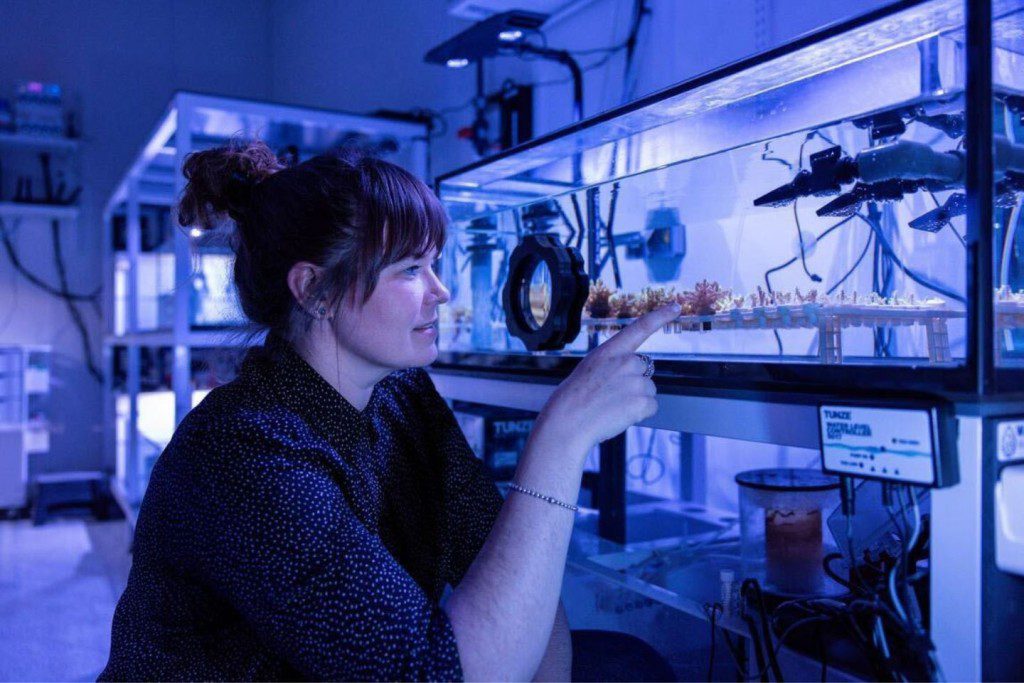
Operating as a global network of experts that deliver actionable solutions in sustainable food systems, water security, extreme weather, oceans, future cities, and more, the GFL tackles the interconnected challenges of climate change. It’s our shared planet and our shared future, so it must be our shared solution. This is why the GFL engages all sectors, systems, and societies at once, ensuring climate challenges are addressed comprehensively and collaboratively. The GFL doesn’t just imagine a future in which life thrives on a healthy planet–but builds it. From April 23-26, ASU will be hosting the 2025 SEJ Conference on campus: Heat, Water and Growth: Confronting the Past, Surviving the Future.
The Bahamas
Known for world-class beaches and ecosystems brimming with wildlife, The Bahamas is home to several remarkable landscapes across its 700 unique islands. To preserve such natural beauty, the archipelago has implemented various sustainability initiatives to protect shorelines, address environmental challenges, and promote biodiversity across the islands.
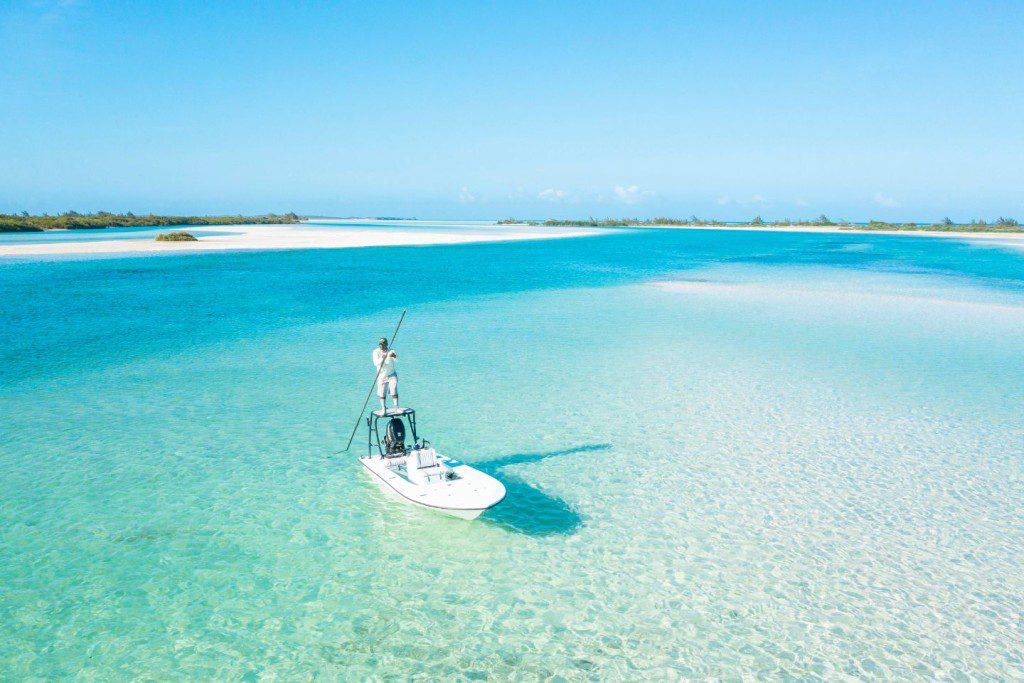
In 2024, the destination was represented at the United Nations General Assembly Sustainability Week in New York to declare its unwavering commitment to tourism resiliency. Guided by the UN’s Sustainable Development Goals, The Bahamas has embraced six overarching objectives to create a more sustainable future, ranging from marine life preservation and climate action, to responsible consumption and economic growth.
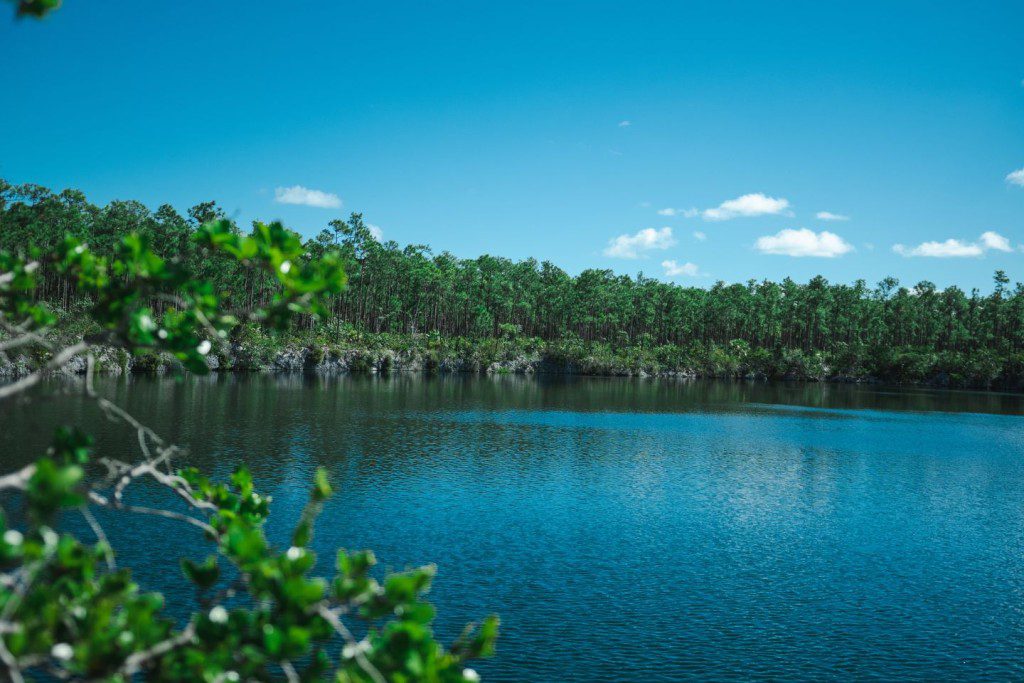
What’s more, several Bahamian hotels have committed to eco-friendly practices that protect the planet: The Farm, a recent addition to the Little Island Hotels collection, harnesses solar power and farming technology to provide a bucket-list, off-grid travel experience on the beautiful island of Eleuthera.
Business Iceland
Business Iceland’s Green by Iceland campaign inspires and accelerates global climate action by promoting the export of Iceland’s green solutions and renewable energy expertise to countries around the world. Iceland has been harnessing geothermal energy for over a century and is a pioneer of innovative Carbon Capture, Utilization, and Storage (CCUS) technologies.
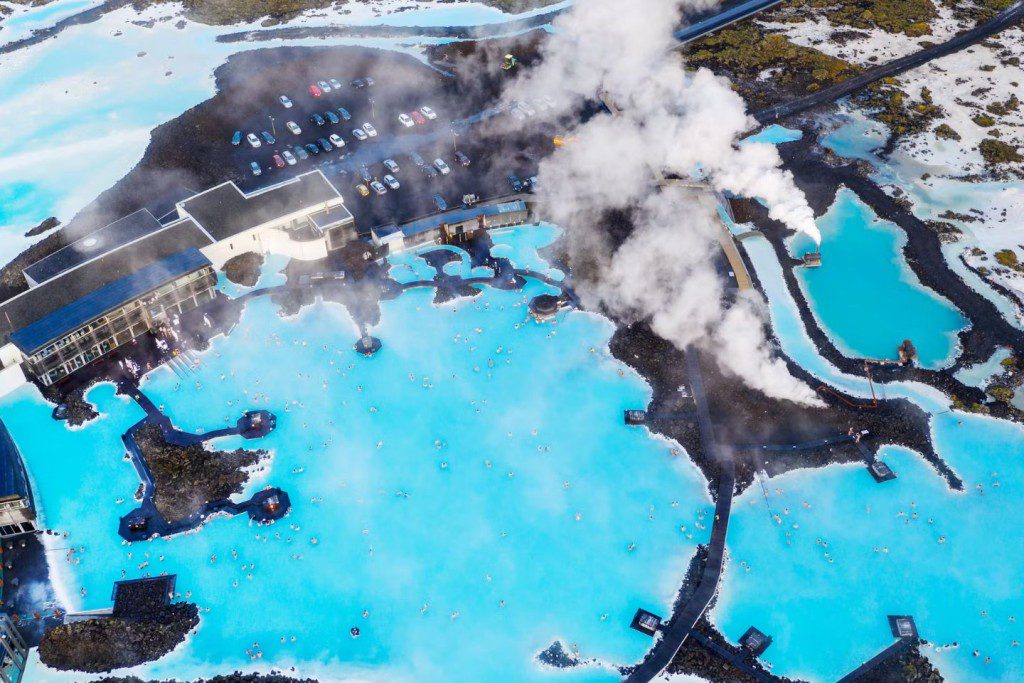
Amid global urgency to scale up renewable energy and mitigate and manage carbon emissions, Iceland provides a blueprint for other nations on the successful adoption of green solutions. Green by Iceland connects Iceland’s private and public sectors with international counterparts, driving knowledge exchange and fostering international collaborations to create a more sustainable future.
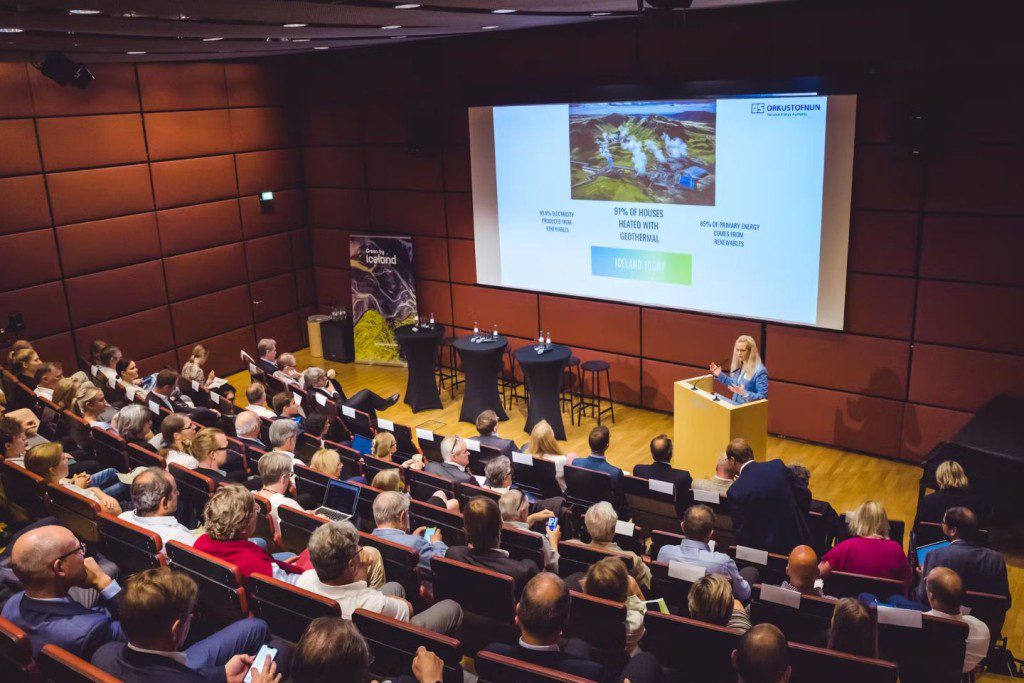
Carnegie Mellon University College of Engineering
2025 marks the International Year of Glaciers’ Preservation, as these stunning land masses play a crucial role in our understanding of climate change.
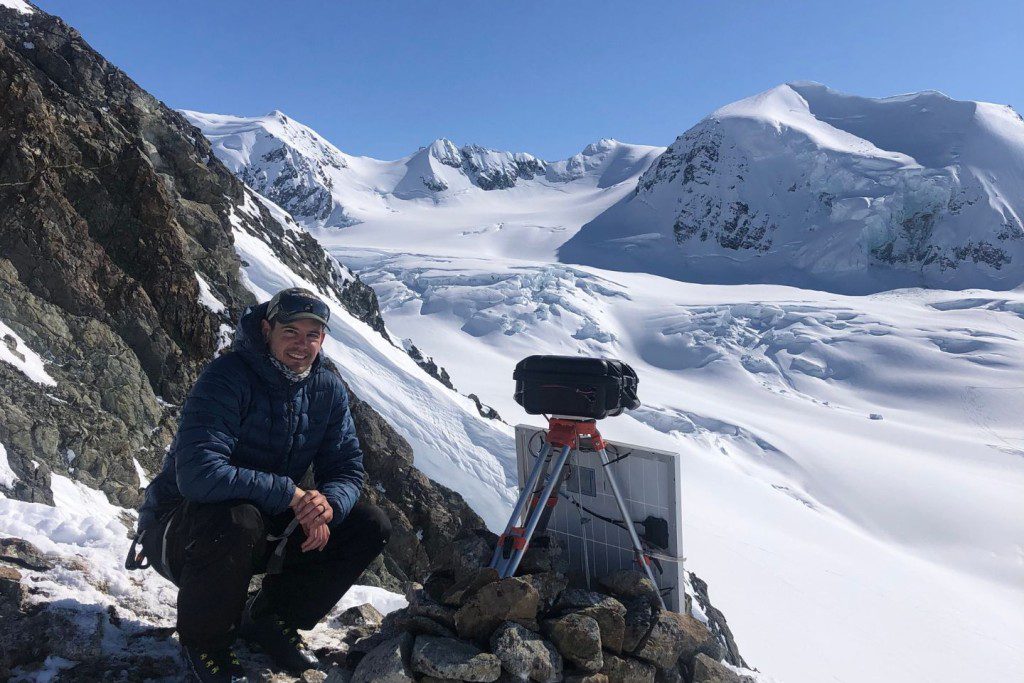
“Glaciers impact everyone, from coastal communities to high mountains. Even if we meet the Paris Climate Agreement’s +2°C target, we will still lose nearly 25% of glacier mass worldwide. If we fail, the losses will be far greater, driving more sea-level rise, water scarcity, and other cascading effects,” says David Rounce, an assistant professor at Carnegie Mellon’s College of Engineering.
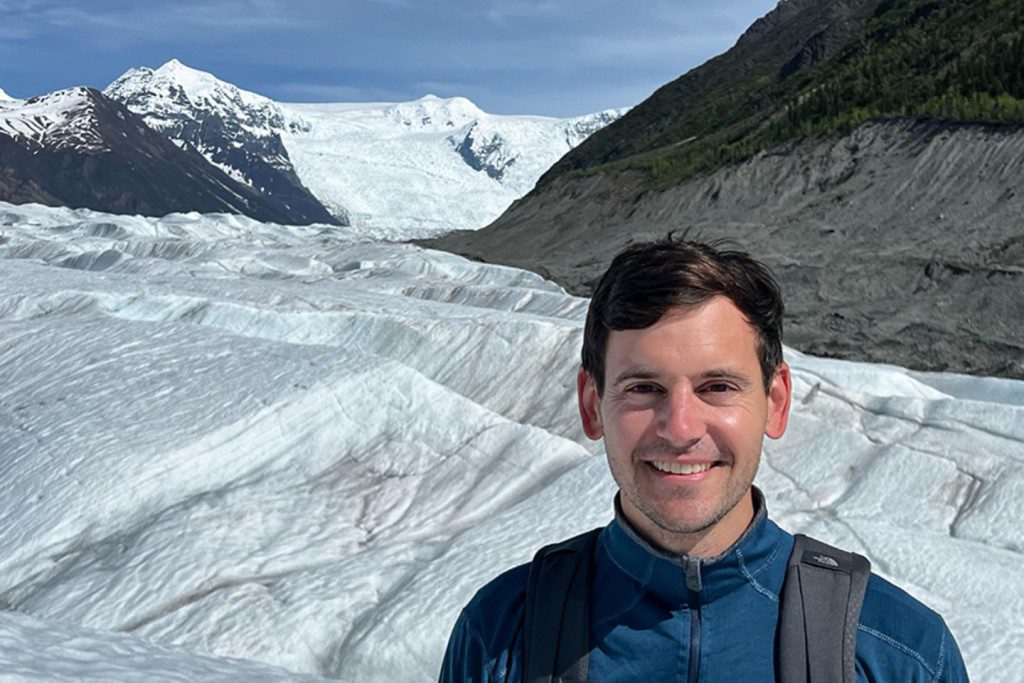
Rounce, a leading expert on assessing climate impacts on glaciers and water resources, incorporates computational modeling, remote sensing data and fieldwork to provide actionable insights for climate adaptation and mitigation strategies. Rounce’s innovative methods led to the development of a state-of-the-art glacier evolution model, which he used to produce the most comprehensive glacier mass loss projections to date. He’s also produced the first-ever distributed debris-thickness map of all glaciers in the world and is currently co-PI on a study focused on outburst floods in Alaska.
His work has informed several large-scale reports on the cryosphere and Rounce has appeared on international panels discussing the significance of glaciers, including COP28 and most recently, at the UN’s first-ever World Day for Glaciers this past March.
Changing Markets Foundation
Changing Markets Foundation is a non-profit organization working with NGOs, foundations, and research organizations, to accomplish the mission of shifting market share away from unsustainable products and companies, and towards environmentally beneficial solutions. To achieve this goal, the team at Changing Markets leverages their expertise, widespread experience, and networks in sustainability, policy, and campaigning to pinpoint important issues that require urgent action. They then formulate campaign strategies – supported by thorough investigative reports – to actively engage and rally the public.
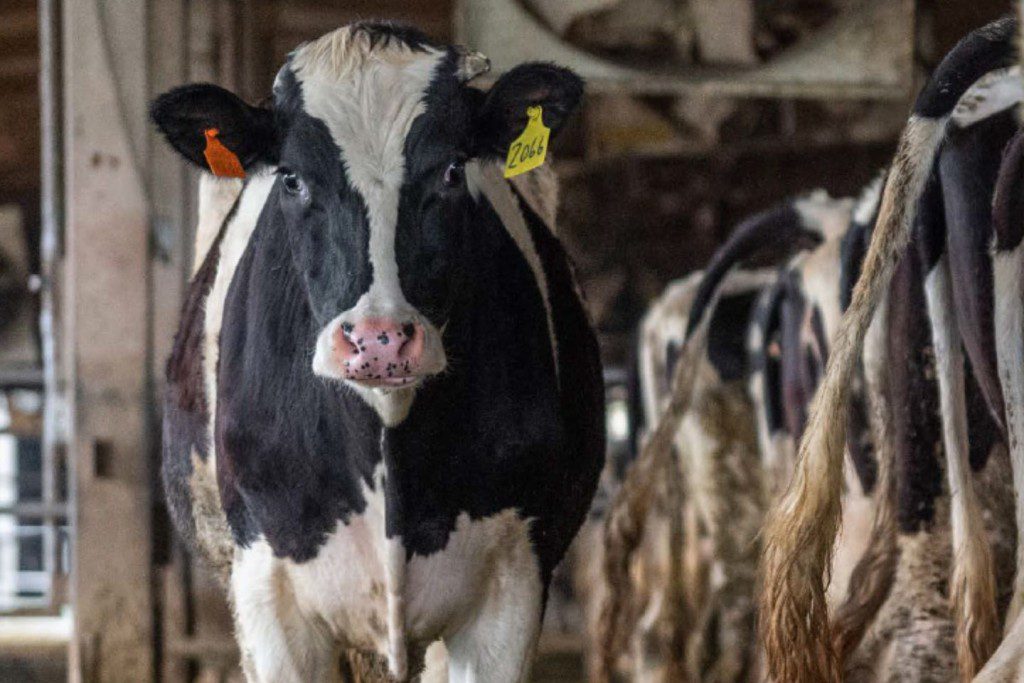
Changing Markets has thus conducted a range of reports, covering topics from the real-word implications of social media misinformation, to GWP*, a misleading metric pushed by the agriculture industry. Through their work, Changing Markets aims to create a more sustainable future where the public stay informed and ready to act on critical climate concerns, and where investors direct their attention toward sustainable solutions rather than companies actively destroying the planet.
Greek National Tourism Organization
Greece is committed to building a more sustainable future for tourism. Through the Sustainable Greece platform, the Greek National Tourism Organization (GNTO) is highlighting a diverse range of sustainability initiatives already in place across the country. This comprehensive resource not only introduces travellers and trade partners in the UK to a variety of Greek destinations—including many that still remain relatively undiscovered by the wider UK audience—but also inspires new, responsible travel itineraries.
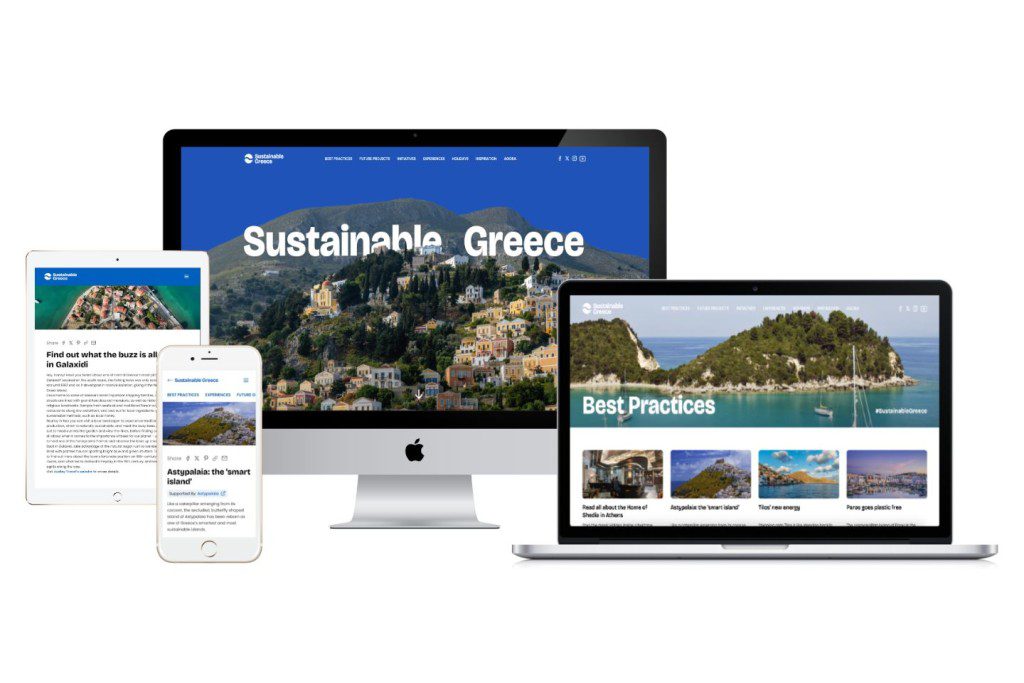
The platform serves as a valuable tool for both consumers and the wider travel industry, offering insights into authentic, sustainable experiences and enabling tour operators who prioritise sustainability to showcase their responsible travel offers. By sharing these stories and best practices, GNTO aims to engage the increasingly sustainability-conscious British traveller and foster a tourism model that benefits local communities and preserves Greece’s natural and cultural heritage for generations to come.
Mainetti
Mainetti is committed to fostering a sustainable future by supporting the circular economy and tackling the global packaging waste issue, where only 9% of plastic is recycled. The company offers a variety of eco-friendly packaging solutions made from recycled paper and plastic. For example, M-Film is Mainetti’s range of flexible films designed with up to 100% recyclable materials, providing a sustainable alternative to virgin plastics.
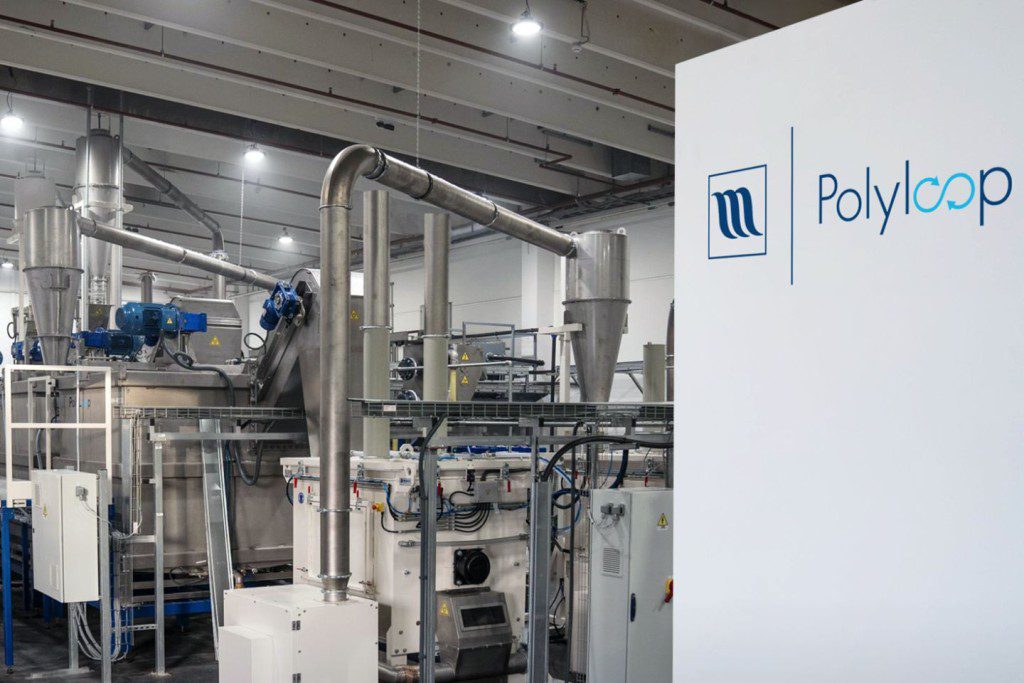
Additionally, Mainetti’s Polyloop is a closed-loop recycling process that produces clear, low-density polyethylene plastic containing up to 30% recycled material. With around 4,000 tonnes of recycled material produced annually, Polyloop supports UK and European retailers and minimises the need for virgin plastic. As a member of the Ellen MacArthur Foundation, Mainetti signed The Global Commitment in 2021, setting ambitious targets to transform how plastic is produced, used, and recycled. Through these initiatives, Mainetti is actively contributing to a more sustainable and circular packaging industry.
phade
Single-use plastic straws have long played the villain—clogging landfills and devastating marine ecosystems; phade has flipped the script, casting the humble straw as the hero.

These aren’t your typical throwaway plastics. Nova Southeastern University scientists discovered phade straws could play a crucial role in coral reef restoration. They’ve been used by Nova Southeastern University scientists to protect young coral from predators, and these straws completely biodegrade, leaving no toxins behind. By using them to create protective barriers around vulnerable, transplanted coral, they boosted coral survival rates by over 90%.
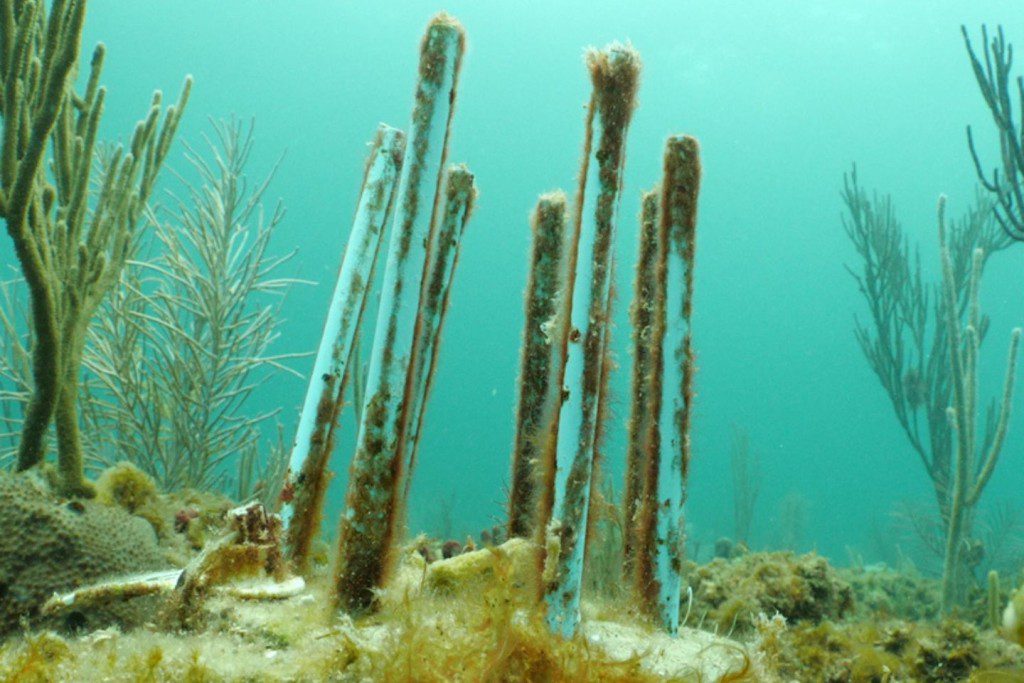
This innovative use of phade straws not only aids in coral reef restoration but also presents a sustainable solution to combat plastic waste, demonstrating their potential to transform from an environmental pollutant to an environmental champion.
Protect Our Winters
Protect Our Winters helps passionate outdoor people protect the places and experiences they love from climate change. Founded in 2007 by professional snowboarder Jeremy Jones, POW is a community of athletes, scientists, creatives, and business leaders advancing non-partisan policies that protect our world today and for future generations.

The organization turns this “Outdoor State” into climate advocates, working together to protect a future with clean air, clean water, and a healthy planet. Their mission is to depoliticize the climate discussion and bring together those from all backgrounds to advocate for the outdoor spaces we love most.
Rivers are Life
Rivers are Life is on a mission to inspire immediate action to protect, preserve, and explore our world’s rivers, one of our planet’s most vital resources. Through storytelling, waste-reduction initiatives, and community-driven River Action Projects, Rivers are Life is raising awareness and driving tangible change for freshwater ecosystems.
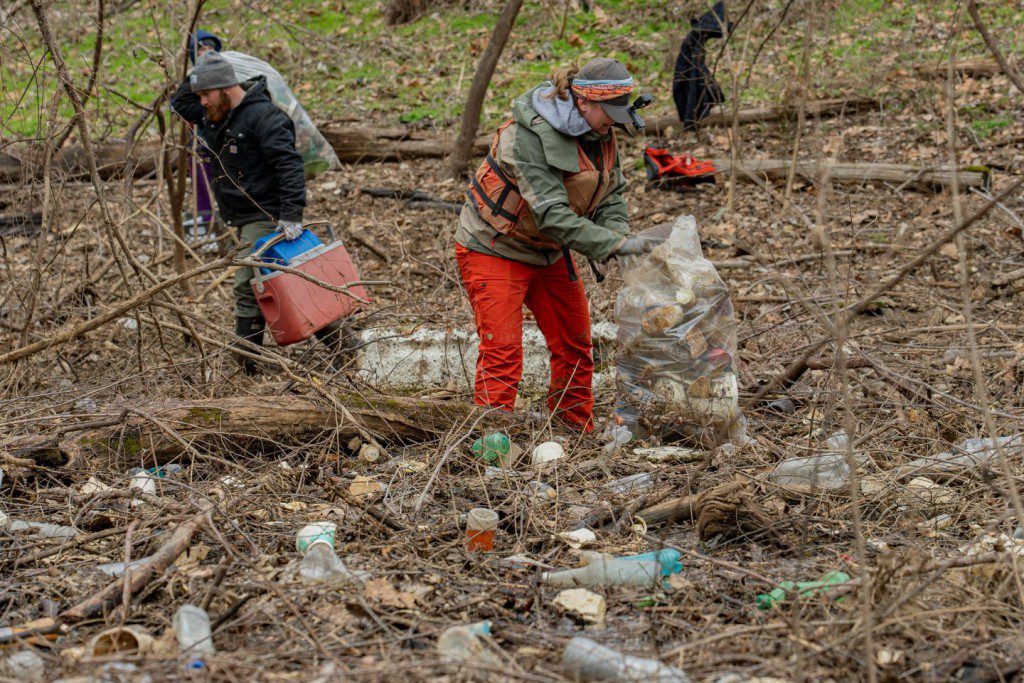
With a goal of completing 1,000 projects by 2050, Rivers are Life empowers local communities and global partners to take action and ensure that our rivers continue to support thriving communities, ecosystems, and a healthier planet for generations to come.
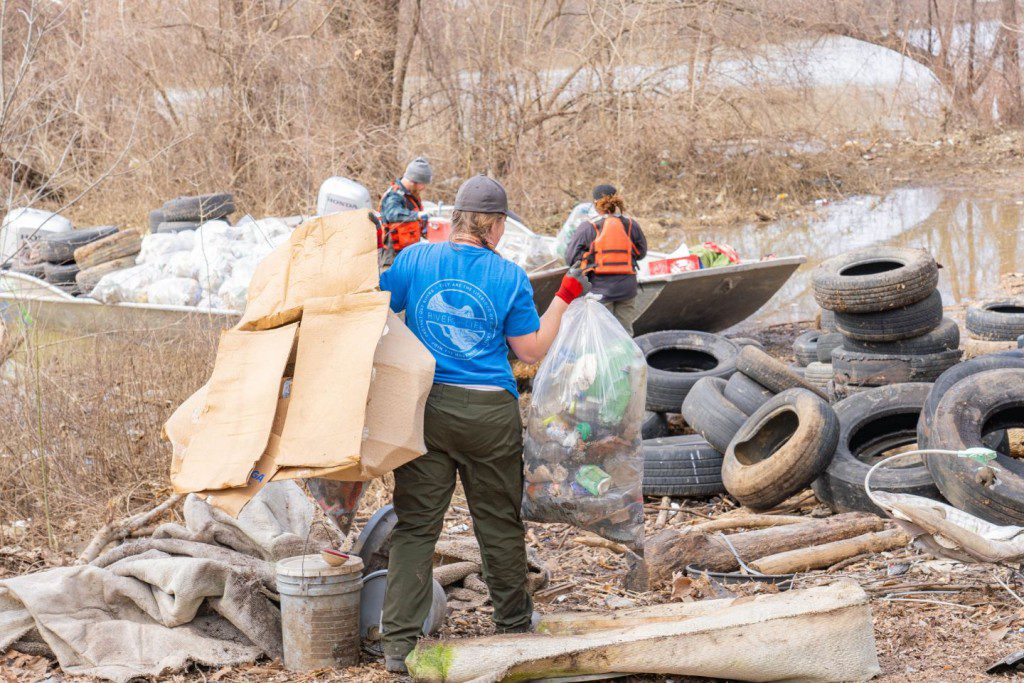
ZEERO GROUP
ZEERO GROUP is a holistic sustainable technology and nature-based solutions provider. Through innovative joint ventures and partnerships, ZEERO accelerates and scales renewable energy, nature and community resilience projects, with a focus on the travel industry.
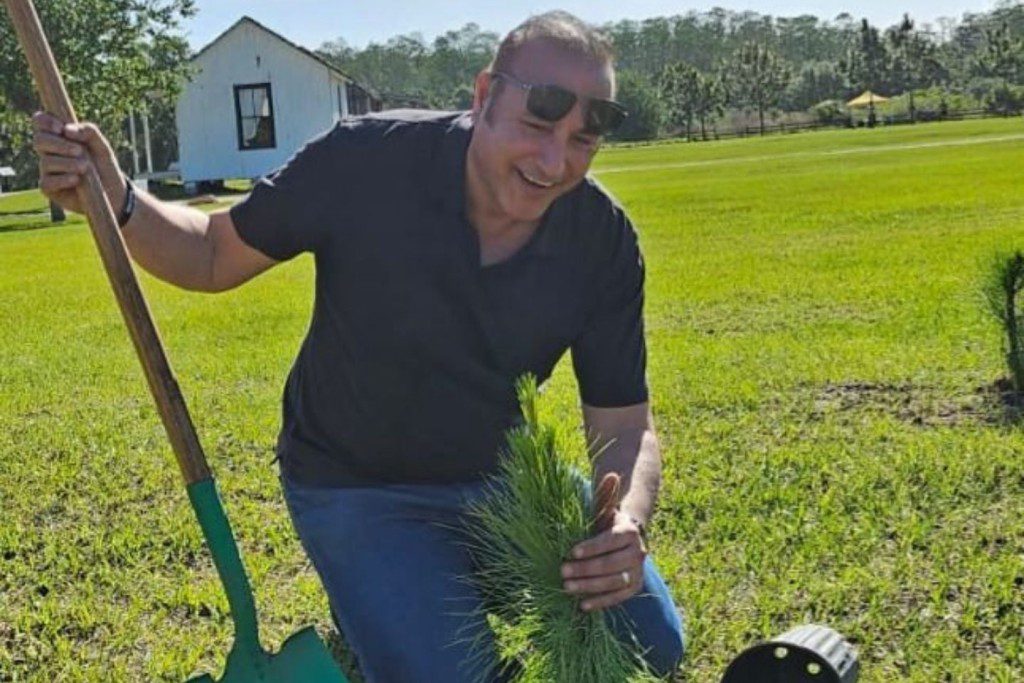
ZEERO’s pilot project is sustainable fuel production and waste management all in one. The methodology used is called hydrothermal liquefaction (HTL). This is a patented technology that can convert organic biowaste, including sewage, agricultural waste. It can be food, dead trees – nearly anything. And it can convert the waste into biofuel.
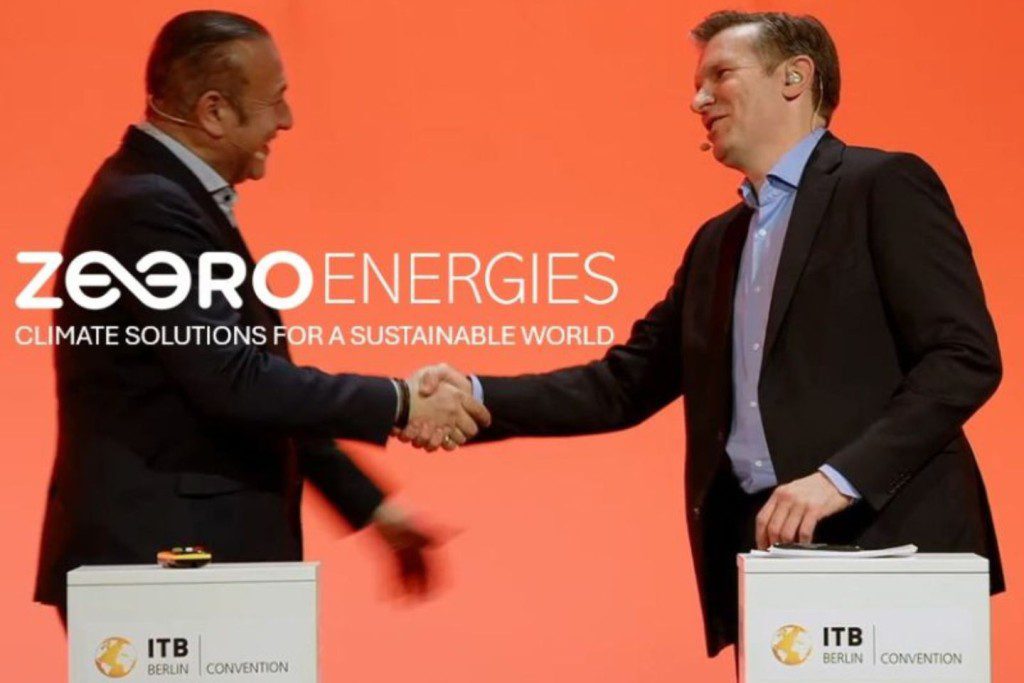
As of 2025, ZEERO is working with over 1,000 corporations and has over 980,000 users. Today, ZEERO investments include a total of 1.5 million trees restoring landscapes, biodiversity and supporting communities. Every tree is also supported with investments into United Nations renewable energy projects, reducing an additional 252,878 tons of emissions, accelerating the green economy and cultivating a regenerative approach to benefit the planet and people now, but also future generations.
-
TAGS:
- Sustainability & ESG